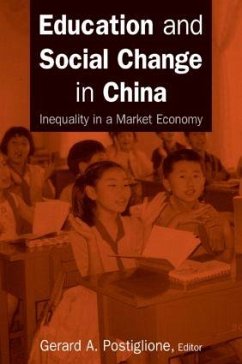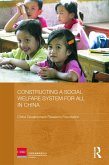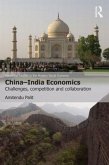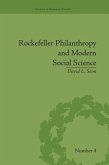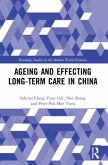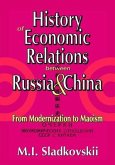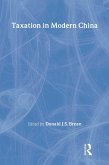Market reform, financial decentralization, and economic globalization have greatly accentuated China's social and regional inequalities. Education is expected to address these inequalities in a context of rapid social change, including the rise of an urban middle class, changed status of women, resurgence of ethnic identities, growing rural to urban migration, and lingering poverty in remote areas. But some argue that state policies have not sufficiently addressed inequitable practices, and that schools actually perpetuate and reproduce inequities, giving rise to a new system of social stratification driven more by market forces than socialist principles. Featuring all original, previously unpublished material, this volume examines this argument through analysis of selected aspects of educational stratification in China during the reform era. Chapters focus on the new urban middle class, poor rural residents, the migrant population in urban areas, rural girls, and ethnic minorities. The contributors are established scholars in the field, and they build a conceptual framework for assessing the degree to which China's educational reforms are inclusive, equitable, and integrative across social categories and groups.
Hinweis: Dieser Artikel kann nur an eine deutsche Lieferadresse ausgeliefert werden.
Hinweis: Dieser Artikel kann nur an eine deutsche Lieferadresse ausgeliefert werden.

